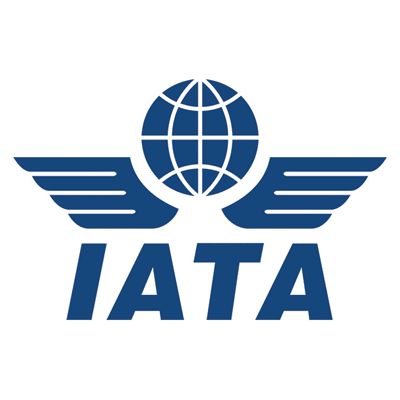Securing the air cargo supply chain
- Like
- Digg
- Del
- Tumblr
- VKontakte
- Buffer
- Love This
- Odnoklassniki
- Meneame
- Blogger
- Amazon
- Yahoo Mail
- Gmail
- AOL
- Newsvine
- HackerNews
- Evernote
- MySpace
- Mail.ru
- Viadeo
- Line
- Comments
- Yummly
- SMS
- Viber
- Telegram
- Subscribe
- Skype
- Facebook Messenger
- Kakao
- LiveJournal
- Yammer
- Edgar
- Fintel
- Mix
- Instapaper
- Copy Link
Posted: 7 February 2013 | International Air Transport Association (IATA) | No comments yet
IATA identified four priorities to make air cargo more secure and urged stakeholders to move forward on the implementation of the Secure Freight principles…


The International Air Transport Association (IATA) identified four priorities to make air cargo more secure and urged stakeholders to move forward on the implementation of the Secure Freight principles. Secure Freight was initiated by IATA to promote global security standards in order to facilitate safe, secure and efficient operations of air cargo.
“The stakes are high. If regulators and governments lose confidence in the security of air freight, then bureaucracy will increase and ultimately some items may not even be viable to be air freighted. Commerce as we know it would look very different,” said Tony Tyler, IATA’s Director General and CEO.
Speaking at the Secure Freight Forum held at IATA’s offices in Geneva, Tyler noted that nearly 50 million tonnes of cargo are transported by air each year. This translates to $5.3 trillion of business which accounts for about 35% of the value of goods traded internationally.
“Governments and industry share the goal of keeping air cargo secure. That is the common ground for closer cooperation, harmonization of regulations, global capacity building and the long-term commitment that is needed,” said Tyler.
Tyler called for:
- Closer cooperation between all stakeholders: A team effort engaging the entire air cargo supply chain and governments is necessary to enhance and deploy global standards for security.
- Harmonization and convergence of regulations: The International Civil Aviation Organization should be the focal point for this work, which could embrace a roadmap for states to obtain mutual recognition of cargo security regimes.
- Global capacity building: Mutual support among governments will strengthen the security network. There are already good examples of this, such as Canada assisting Mexico with security programs for cargo and passenger traffic
- Long-term commitment: Harmonization and recognition of air cargo security requires a continued commitment from all parties over the long-term.
These priorities converge in the Secure Freight principles. Eight pilot schemes around the world have demonstrated that the tried and tested Secure Freight standards offer states a robust security regime as well as significant economic benefits. A case study of the Secure Freight pilot in Malaysia shows that the benefits anticipated from full national implementation of Secure Freight are estimated to be $350-600 million annually.













